Sam and Jack Powers are the driving force behind Lens on Life’s groundbreaking partnership with the Canon Young People Programme (CYPP) in Central and North Africa and in the Middle East. Lens on Life is a nonprofit organisation, supporting photography and computer literacy training for young people around the world. During a recent visit to Dubai, Sam and Jack shared insights into their inspiring journey and the transformative impact of their partnership with Canon YPP.
Q1: How did Lens on Life come to fruition? What led to the collaboration with Canon?
Lens on Life began as a tribute to our mother, an art dealer in New York, who had a passion for photography and community engagement. After her passing, we felt compelled to honour her legacy by continuing her work.
We reached out to communities worldwide, starting with a small organisation in Congo, where we conducted a ten-day workshop. Inspired by this experience, we formalised our efforts, establishing Lens on Life as a nonprofit organisation. We raised funds to build our first school in Goma, and from there our initiative expanded.
Seeking collaboration opportunities, we initially connected with Canon through our involvement with the Miraisha Programme in the DRC. This led to digital classes via platforms like Zoom. Subsequently, our association expanded through the Canon Young People Programme (CYPP), marking a fruitful collaboration three years later.
Q2: Can you provide some insights into Lens on Life’s expansion plans in Africa, and how are they aligned with your mission to empower underprivileged youth or underrepresented youth by focusing on visual storytelling?
Our journey began in the DRC, where a local organisation in Goma became our partner. They focused on building community while we provided the tools for change. This collaboration became our model for expansion to other locations. As word of our success spread, other communities reached out, leading to rapid expansion across Cameroon, Iraq, and beyond. Within six years, we went from a programme at one school, to five programmes.
Our expansion is continuing as organisations across Africa seek partnerships. In Nigeria and South Africa, there’s a demand for additional extracurricular activities for youth, prompting invitations for Lens on Life to ‘set up shop’ and build permanent schools. This approach aligns with our shared belief with Canon in the transformative power of visual storytelling for youth empowerment and shaping the future.
Q3: Engaging communities and stakeholders are crucial for the success of educational programmes. Does Lens on Life plan to involve local communities, governments, and other stakeholders in the planning and implementation of the CYPP programs in Africa?
A significant outcome of Lens on Life’s work is the employment of young individuals who complete our programme with a new-found passion for photography. Many go on to pursue photography as a career, filling positions in their communities previously held by Western photographers and journalists. For instance, in Goma, one of our students now shoots for major news agencies and has won multiple awards. This shift towards local storytelling is noticed by the community, local governments, chiefs, and governors, who value the representation of their narratives. This often leads to partnerships with local authorities, bringing approval for our programmes and official recognition of our young photographers.
We serve as facilitators, enabling communities to express themselves authentically. While we collaborate with local, regional, and state governments, our work is not dictated by them. Instead, through partnerships like Canon Young People Programme, we empower young people to shape their futures using photography as a tool for change.
Q4: How precisely does Lens on Life utilise Canon technology and conduct workshops in these remote regions? And what challenges have you faced during implementation?
When we began, we could only afford ten small point-and-shoot Canons, but now every young person in the Lens on Life and Canon Young People Programme has a Canon DSLR. This equipment enables them to both take photos and compete globally. We have encountered some logistical challenges in delivering equipment to remote areas, as well as cultural barriers in places where photography isn’t always welcomed. Obtaining government permission, dealing with equipment maintenance in regions lacking a reliable supply chain, and ensuring sustainability are ongoing challenges. Nevertheless, our schools have become safe havens and technology hubs for the youth in these underserved areas.
Q5: How does the partnership with Canon Young People Programme benefit Lens on Life in terms of expanding its reach and impact among diverse demographics, particularly in Africa?
Lens on Life was founded to bridge the gap beneficiaries face in accessing the global economy. Canon’s support has significantly boosted our efforts by facilitating our students’ entry into communities they might not otherwise access, including opportunities with the United Nations and online exposure. This has empowered students to actively engage with initiatives like the SDGs, enabling them to discuss global issues more effectively. Furthermore, Canon’s reputation has lent credibility and trust, enabling us to engage in meaningful discussions with various stakeholders. Our students are viewed not just as ambassadors for Lens on Life, but also as representatives of the Canon brand, amplifying our voices and impact.
Q6: How does Lens on Life measure the effectiveness and impact of its programmes in empowering young people and fostering socio-economic growth, particularly in Africa?
We’ve witnessed numerous success stories from students who have participated in our programme. While not every student becomes a locally recognised photojournalist, many have overcome significant challenges and achieved remarkable success. For instance, one of our students from the DRC is now recognised as a leading African photojournalist, while another in Cameroon travels the world for photography assignments.
Even those who may not gain worldwide fame find meaningful employment opportunities locally, such as working for NGOs, or capturing global initiatives as photographers.
We’ve also implemented a survey, developed with the help of Beyond Conflict, to measure the social impact of our programme.
Q7: Could you share a specific success story of a student who has significantly benefited from the partnership between Lens on Life and Canon’s Young People Programme?
In Congo, one of our alumna, Arlette, has become a correspondent for multiple global media outlets, earning a sustainable income. Another student had the opportunity to exhibit his work in Kinshasa, showcasing his talent in a gallery setting. In Iraq, our teacher, Niga Salam, has travelled extensively, while many of her students have made significant impacts in their communities, particularly on issues relating to gender and climate change.
Our lead instructor in Congo, who was once a student himself, exemplifies the transformative power of our programme. Starting from humble beginnings in South Kivu, he now teaches and inspires young people, illustrating the importance of hiring locally to ensure a deep understanding of the communities we serve.
Q8: Looking ahead, how does Lens on Life envision the future of its partnership with Canon YPP and the expansion of its reach and influence in the Middle East and Africa, and what are the organization’s key priorities in this regard?
Sustainment is a key word that comes to mind. We want to make sure that we can continue to provide the level of service we currently provide to our beneficiaries.
While we’re open to expansion, particularly in regions like Africa, we’re committed to investing where we already have a presence. Our recent programme launch in the US reflects this, grounding our efforts in areas we understand deeply. Africa remains a focus, with partnerships in Nigeria and South Africa on the horizon.
Working with young people is a long-term endeavour. Though the partnership between Canon and Lens on Life is still relatively young, it will take time to witness the full impact of our collective efforts. While we celebrate stories of young individuals embarking on journalistic careers, our ultimate goal is to break the cycle of trauma and poverty they face.
Empowering these individuals to create brighter futures for themselves and their families is our mission. Having Canon involved with Lens on Life is crucial for achieving this goal.


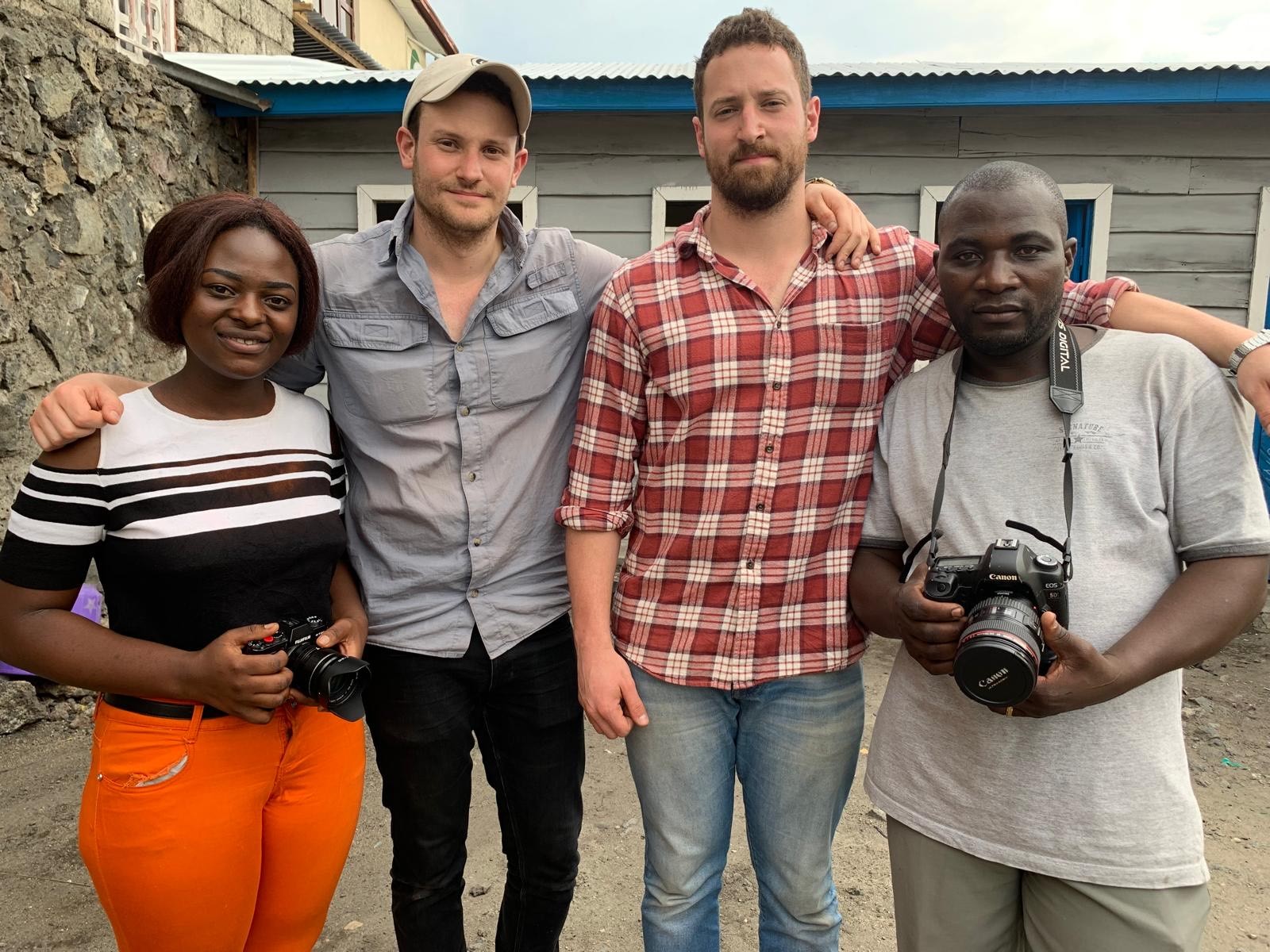

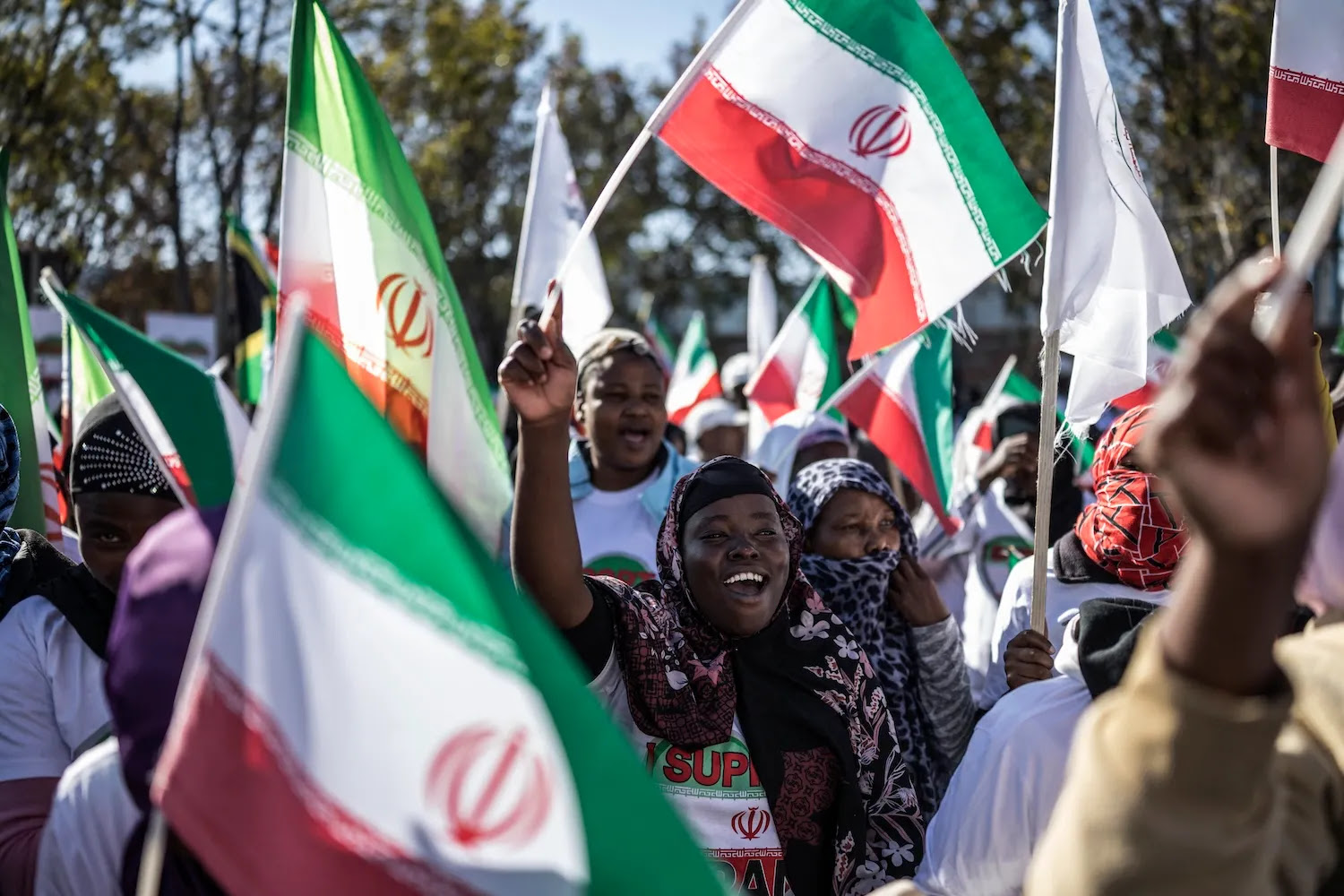
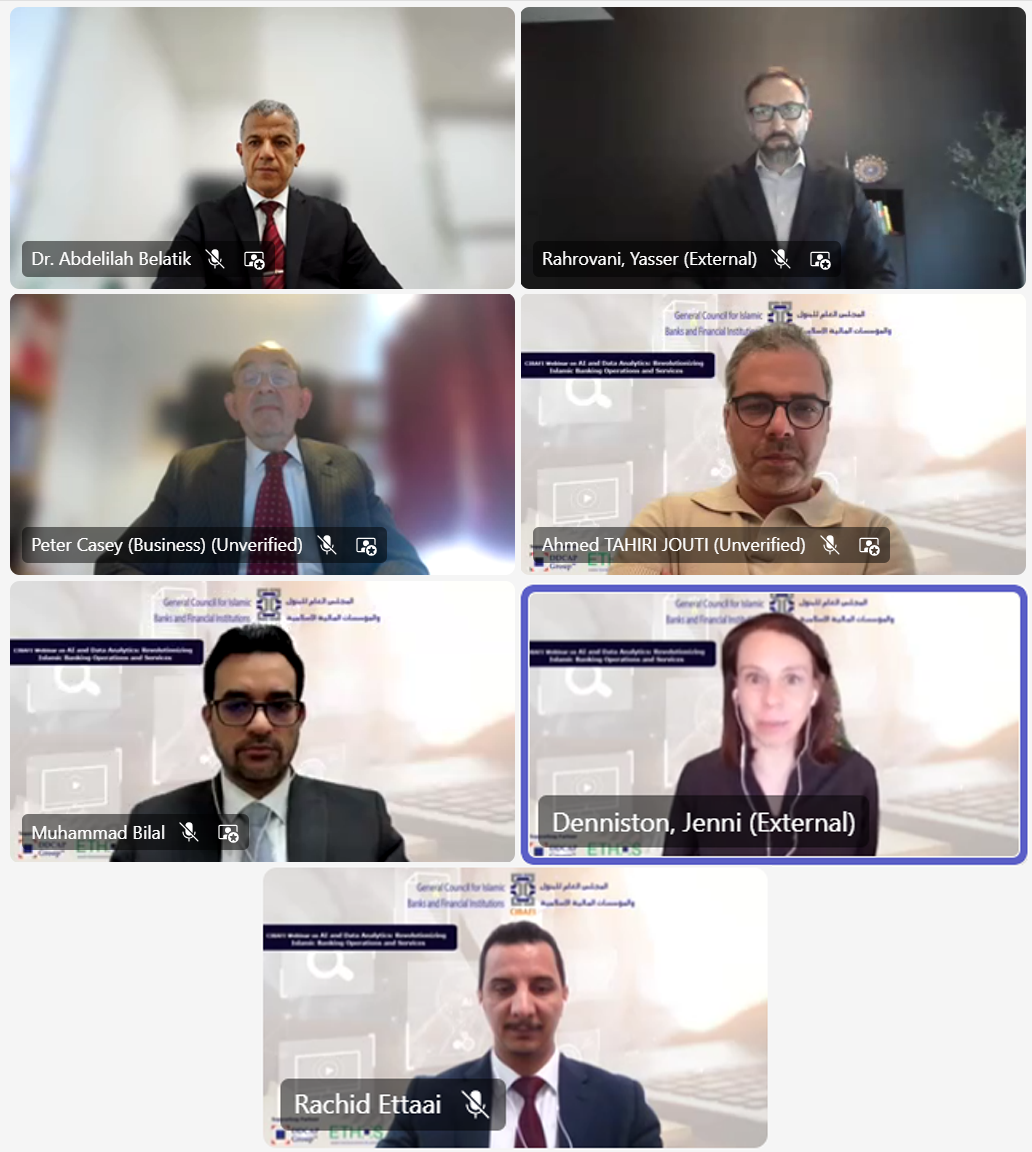

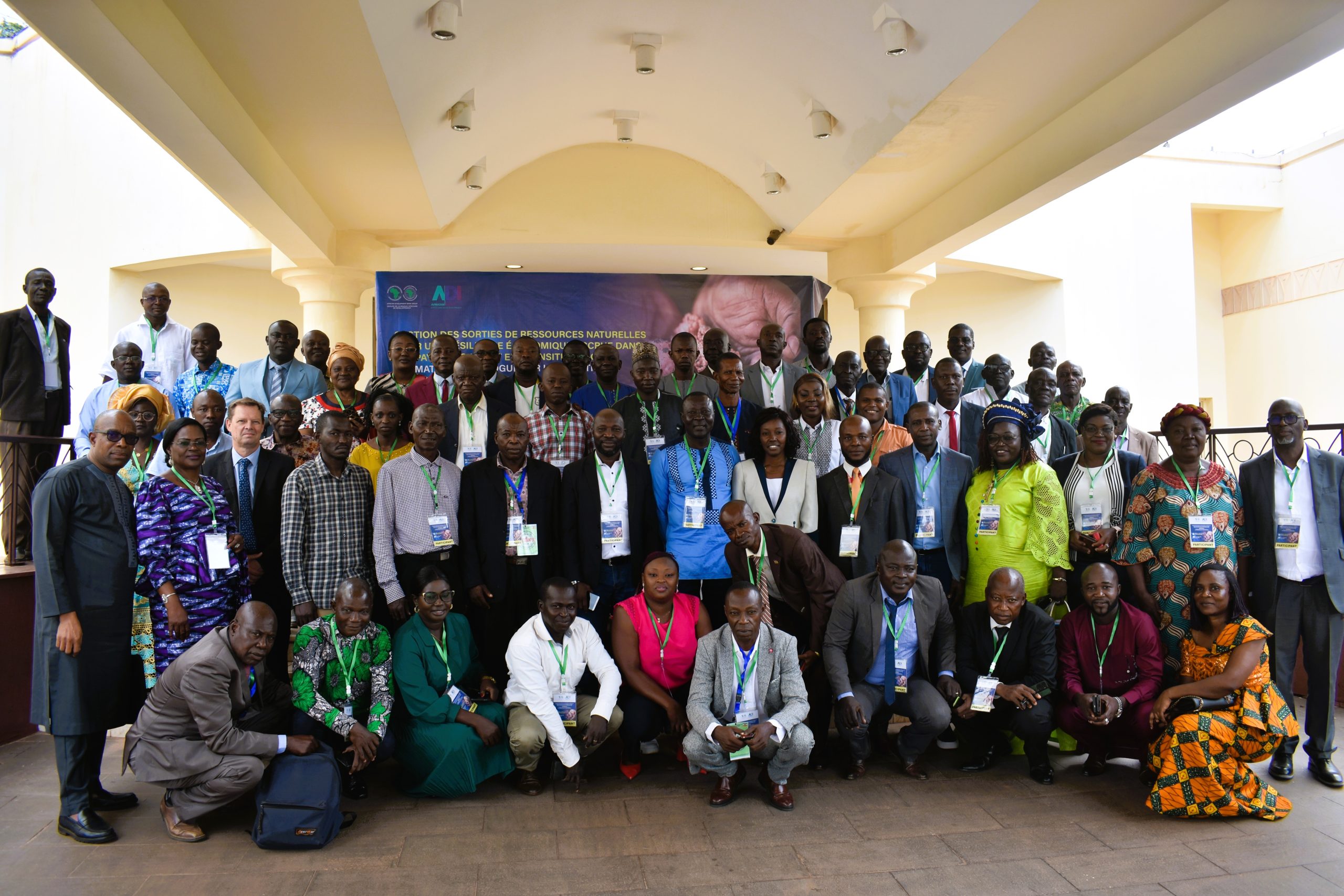
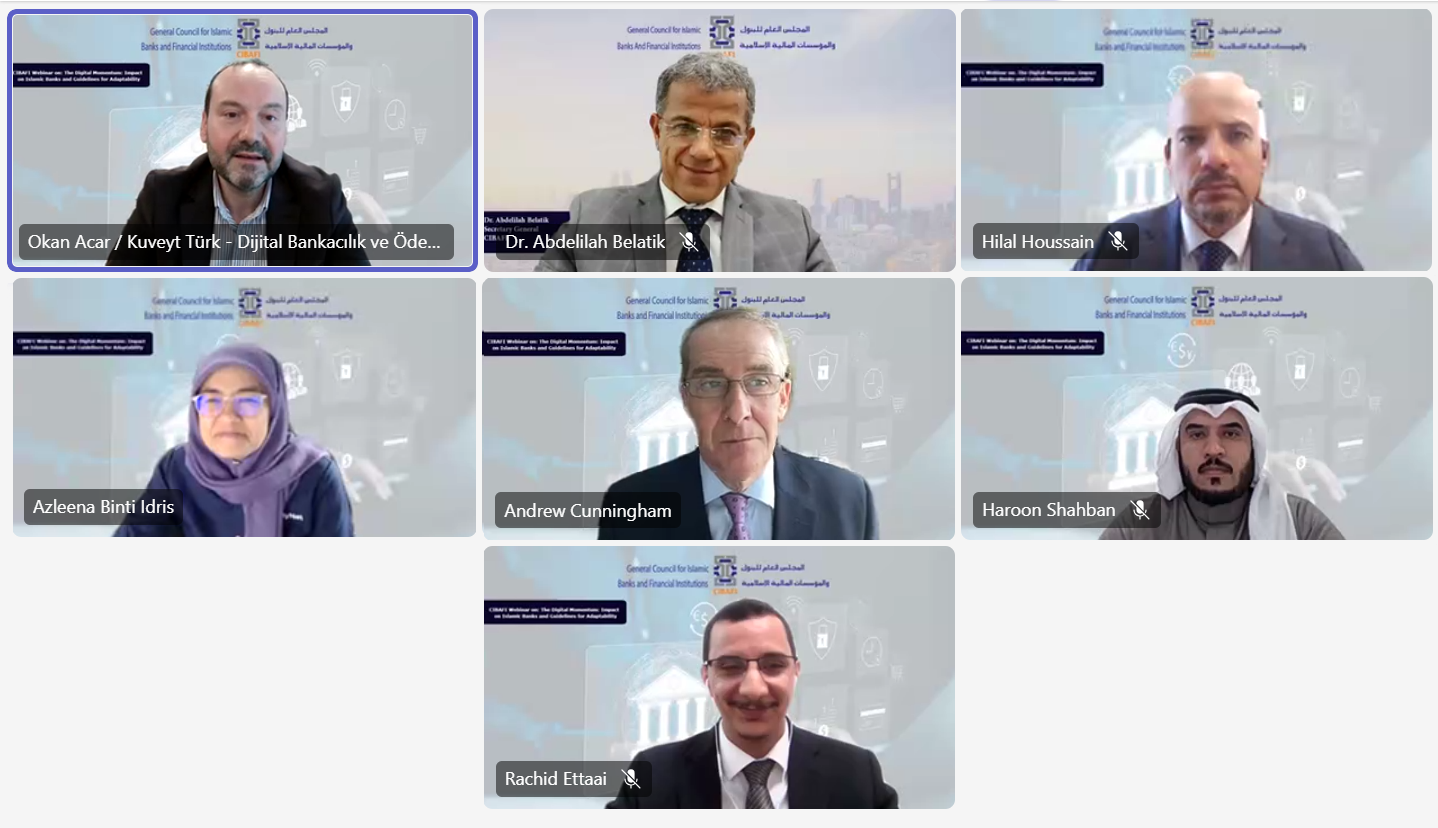
Leave a Reply